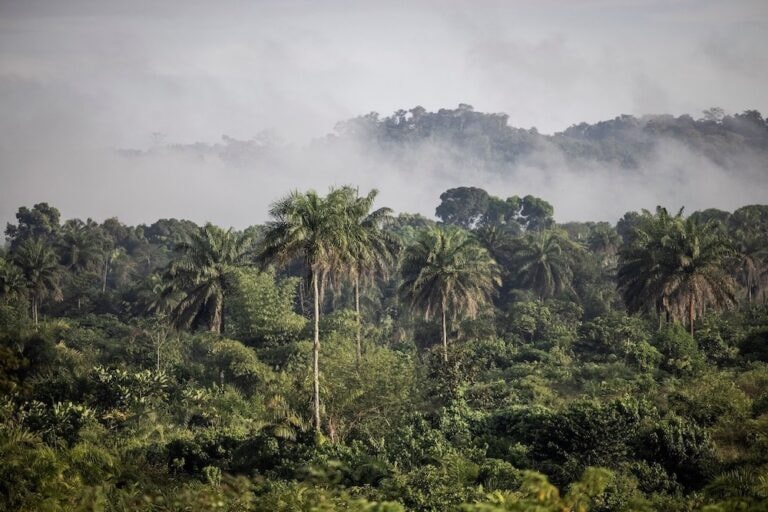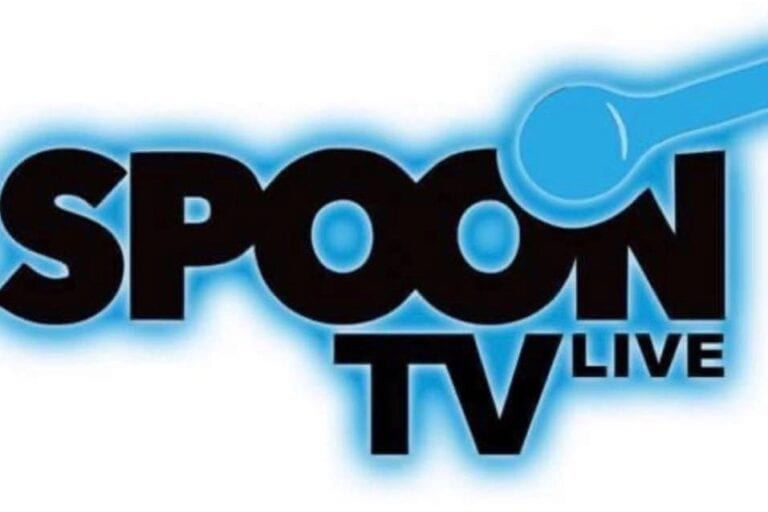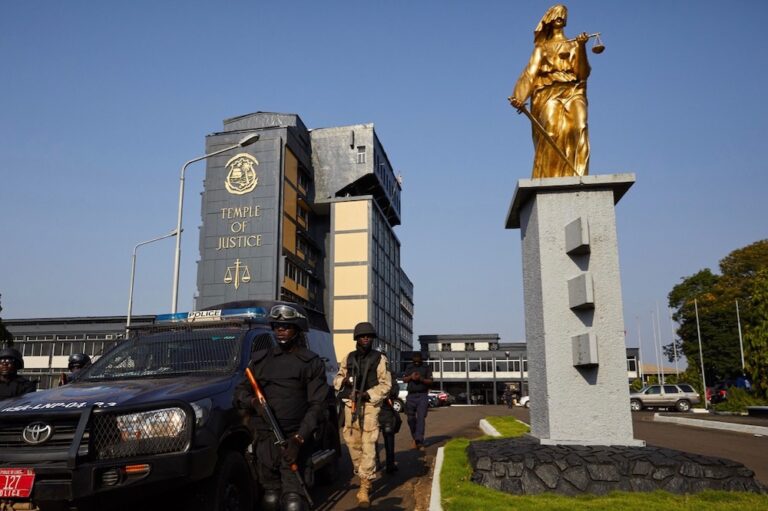(CPJ/IFEX) – The following is a 2 April 2001 CPJ press release: Liberia: Four Jailed Journalists Freed New York, April 2, 2001 – Four journalists from the Liberian daily The News were released on March 30 after being jailed on espionage charges for over a month. International news sources reported that the government’s action came […]
(CPJ/IFEX) – The following is a 2 April 2001 CPJ press release:
Liberia: Four Jailed Journalists Freed
New York, April 2, 2001 – Four journalists from the Liberian daily The News were released on March 30 after being jailed on espionage charges for over a month.
International news sources reported that the government’s action came in response to an appeal by the Press Union of Liberia in addition to a written apology that had been extended by the journalists themselves.
“We are happy to have been released,” said The News’ editor-in-chief Abdullah Dukuly, one of the four journalists who were detained. “But we didn’t do anything to warrant this detention. We wrote a simple story about government expenditures. We didn’t know we could go to jail for it.”
The four journalists – editor-in-chief Dukuly, managing editor Joseph Bartuah, news editor Jerome Dalieh, and reporter Bobby Tapson – had been in prison since their arrests on February 21. All four had been arrested in connection with an article published in The News that questioned government expenditures on helicopter repairs and holiday souvenirs at a time when Liberia’s social services had fallen into disrepair. The Liberian government charged them with espionage, claiming that the article was intended to “reveal national defense information to a foreign power for the purpose of injuring Liberia… in the event of a military and diplomatic confrontation.”
The journalists were denied bail on the grounds that espionage is a non-bailable offense under Liberian law. A week before their release, at the urging of the Press Union of Liberia, the journalists wrote a letter expressing dismay over any embarrassment the story might have caused the government and affirming that they would never do anything to undermine the security of the state. The Liberian government subsequently dropped all charges against the journalists.
In the three years since his National Patriotic Party (NPP) came to power in multiparty elections, Liberian President Charles Taylor has become one of Africa’s worst press freedom offenders. Last August, a four-member crew of Britain’s Channel Four television network, who had official permission to work on a documentary about Liberia, were also jailed and charged with espionage. The four were released after intense international pressure, and after they had written a letter of apology to the government.
“We welcome the release of these four journalists, but they should not have been jailed in the first place,” said CPJ executive director Ann Cooper. “Under President Taylor, the Liberian judiciary has been used repeatedly to punish independent journalists and provide cover for the government’s suppression of the country’s independent media.”
CPJ is a New York-based, independent, nonprofit organization that works to safeguard press freedom around the world. For more information about press freedom conditions in Liberia, visit www.cpj.org.


